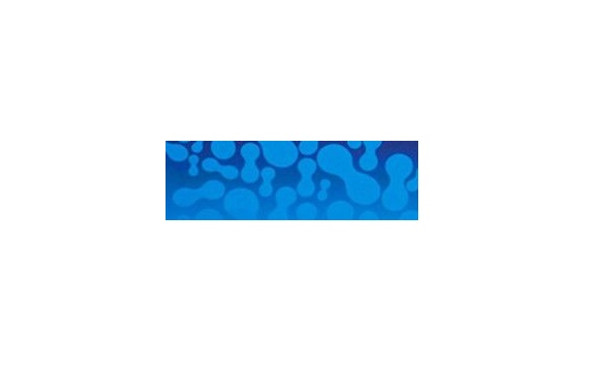Description
Recombinant Human CDH1 Protein (His Tag) | PKSH500014 | Gentaur US, UK & Europe Disrtribition
Synonyms: Arc 1, CADH1, Cadherin 1, cadherin 1 type 1 E-cadherin, Cadherin1, CAM 120/80, CD 324, CD324, CD324 antigen, cdh1, CDHE, E-Cad/CTF3, E-cadherin, ECAD, Epithelial cadherin, epithelial calcium dependant adhesion protein, LCAM, Liver cell adhesion molecule, UVO, Uvomorulin
Active Protein: Active protein
Activity: A DNA sequence encoding the Human CDH1 (P12830-1) (Asp155-Phe375) was expressed with a polyhistidine tag at the N-terminus.
Protein Construction: A DNA sequence encoding the Human CDH1 (P12830-1) (Asp155-Phe375) was expressed with a polyhistidine tag at the N-terminus.
Fusion Tag: N-His
Species: Human
Expressed Host: E.coli
Shipping: This product is provided as lyophilized powder which is shipped with ice packs.
Purity: > 85 % as determined by reducing SDS-PAGE.
Endotoxin: Please contact us for more information.
Stability and Storage: Generally, lyophilized proteins are stable for up to 12 months when stored at -20 to -80℃. Reconstituted protein solution can be stored at 4-8℃ for 2-7 days. Aliquots of reconstituted samples are stable at < -20℃ for 3 months.
Molecular Mass: 23.9kDa
Formulation: Lyophilized from sterile PBS, pH 7.4
Reconstitution: Please refer to the printed manual for detailed information.
Background: This gene is a classical cadherin from the cadherin superfamily. The encoded protein is a calcium dependent cell-cell adhesion glycoprotein comprised of five extracellular cadherin repeats, a transmembrane region and a highly conserved cytoplasmic tail. Mutations in this gene are correlated with gastric, breast, colorectal, thyroid and ovarian cancer. Loss of function is thought to contribute to progression in cancer by increasing proliferation, invasion, and/or metastasis. The ectodomain of this protein mediates bacterial adhesion to mammalian cells and the cytoplasmic domain is required for internalization. Identified transcript variants arise from mutation at consensus splice sites.
Research Area: N/A






